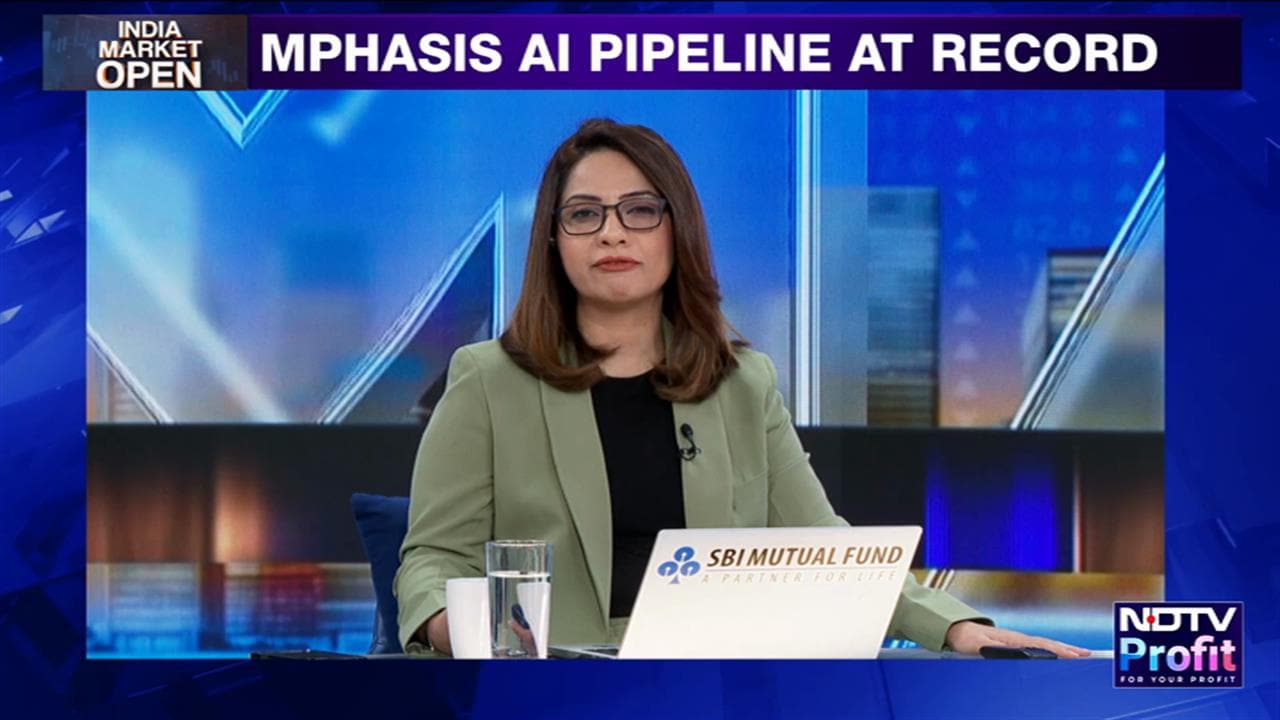
There is a glaring lack of understanding about the Digital Personal Data Protection Act in India. Only 16% consumers in the country understand the Digital Personal Data Protection Act, and only 9% Indian organisations have a comprehensive understanding of the Act, a recent survey by PwC India shows.
The survey revealed that only 16% of consumers are aware of the DPDP Act across diverse geographies, age groups, occupational backgrounds and urban-rural divides. Also, 56% of consumers are not aware of their rights related to personal data, and 69% are not aware of their rights to take back their consent.
Whenever a minor's personal data is involved, 72% of respondents are not aware that handling a minor's personal data requires a parent/guardian consent.
A significant awareness gap exists also among organisations. Only 40% of organisations surveyed claim to understand the act; among these, only 9% have a deep understanding. Despite this gap, many organisations do not plan to invest in creating consumer rights awareness.
Nearly half of companies surveyed are yet to start implementation of the DPDP Act. Only 42% said they understand/appreciate that compliance with the act is an opportunity to build and enhance consumer trust.
This is the need of the hour considering that 32% of consumers do not think organisations take consent-related clauses with seriousness. Over 69% of consumers feel that their data may not be safe with companies.
"Our engagement with over 3,000 consumers across the country and with around 200 corporates reveals a significant gap in the understanding of the basic tenets of privacy among all," Sivarama Krishnan, partner and leader, risk consulting, PwC India, said. "From a consumer standpoint, while lack of awareness about certain privacy-related processes, protocols, rights or responsibilities may not come as a surprise, there is a pronounced lack of trust in business on matters related to privacy."
The survey also show that consumers are worried about data breaches, and 44% are willing to pay higher if their data is protected. Additionally, 42% are not sure if they will continue using the services of a company post a data breach.
Coming to the workforce, 20% of employees surveyed are not comfortable with sharing their personal data with employers. This aligns with the organisation survey outcome, where 64% of organisations have not planned any initiatives to reassure their own employees regarding their personal data.
Particularly vulnerable are blue-collared workers, retirees and homemakers, who are often unaware of their rights and the implications of data breaches. When asked how comfortable they feel about navigating and complying with the DPDP Act, 49% consumers are unsure how to handle personal data queries and 44% find privacy notices too lengthy to understand. An equal number don't read them before agreeing, and 84% of them are not aware of DPDPA.
Essential Business Intelligence, Continuous LIVE TV, Sharp Market Insights, Practical Personal Finance Advice and Latest Stories — On NDTV Profit.























